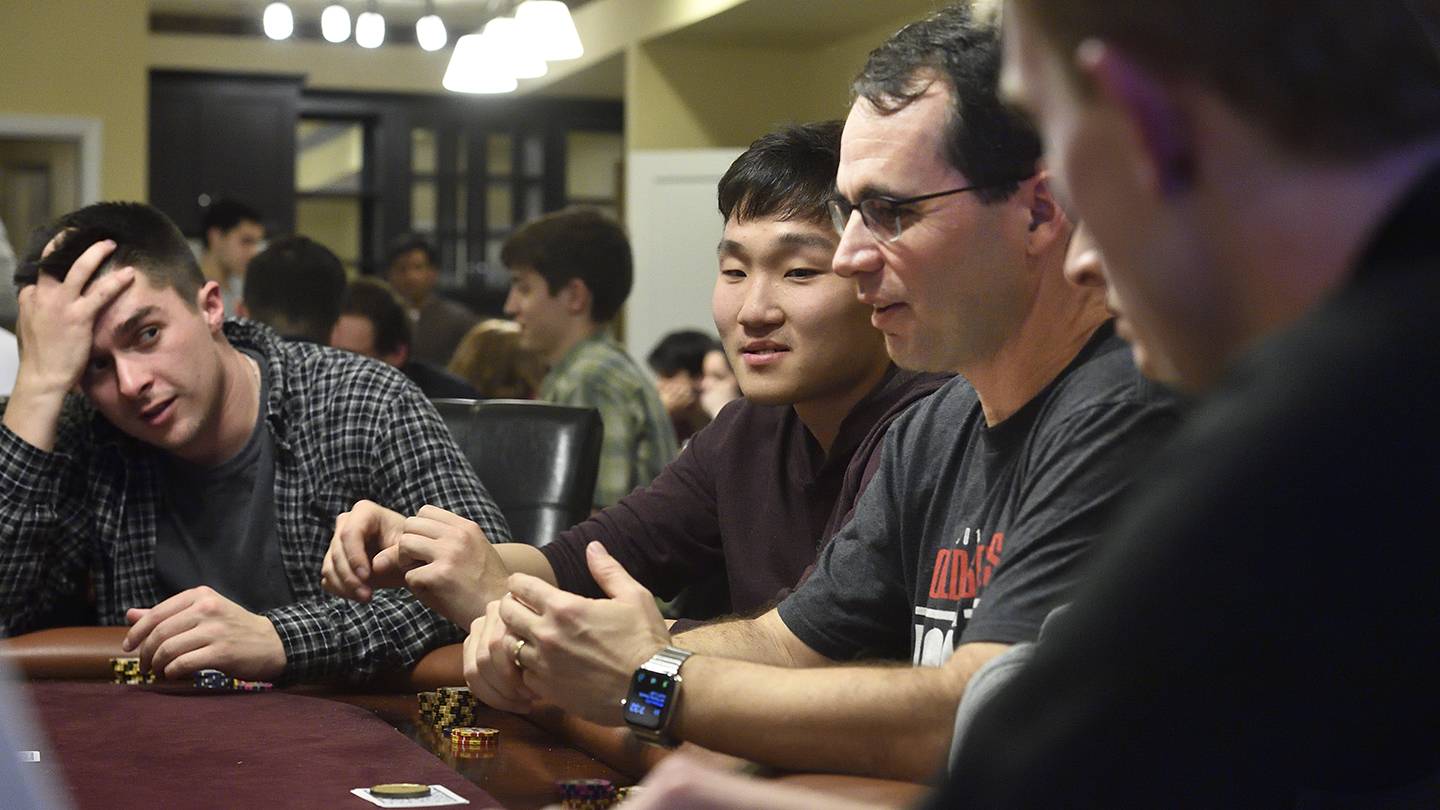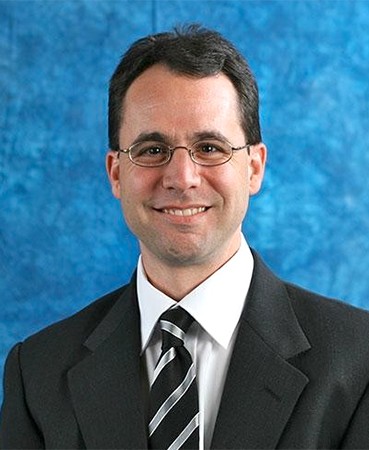Avi Rubin Poker
- By day, Avi Rubin is a computer security consultant and a professor of computer science at Johns Hopkins’ Whiting School of Engineering. But by night — and on the weekends, and whenever his wife doesn’t mind too much — Rubin is a poker aficionado, one of those real obsessives with his sights set on the World Series of Poker in Las Vegas.
- Avi Rubin, a Johns Hopkins University computer science professor who participated in this year’s online WSOP event (pictured in t-shirt among students in a class) is predicting both a shift back to.
- As of 2015, Rubin is Director of the Health and Medical Security Lab at Johns Hopkins. Away from his professional pursuits, Avi is also a self-professed 'poker fanatic' and has competed against professional players on the popular Poker Night in America television show.
- Second-year student Amber Hamelin had a plan for the poker tournament hosted in January by Avi Rubin, a computer science professor and technical director of the JHU Information Security Institute, at his home in Baltimore County. An avid poker player, Rubin has competed with professionals on TV’s Poker Night in America.
Avi Rubin, a 44-year-old computer science professor at Johns Hopkins, is obsessed with the math behind Texas Hold ‘em: When he began studying poker, Rubin frequently thought in terms of how a computer might model the game. Several disciplines were applicable—game theory, expert systems, machine learning, combinatorics.

 Professor Avi Rubin usually teaches courses about computer security at Johns Hopkins University but, in his latest class, he turned his focus to poker. It’s a pretty unusual topic for a university professor undertake but he saw the value in giving students valuable insight into the game. Throughout the two-week course, “An Introduction to the […]
Professor Avi Rubin usually teaches courses about computer security at Johns Hopkins University but, in his latest class, he turned his focus to poker. It’s a pretty unusual topic for a university professor undertake but he saw the value in giving students valuable insight into the game. Throughout the two-week course, “An Introduction to the […]Professor Avi Rubin usually teaches courses about computer security at Johns Hopkins University but, in his latest class, he turned his focus to poker. It’s a pretty unusual topic for a university professor undertake but he saw the value in giving students valuable insight into the game.
Throughout the two-week course, “An Introduction to the Theory and Practice of Poker”, Rubin provided his students with teachings on calculating odds and identifying behavioural patterns in opponents. However, the goal of his class wasn’t simply to teach them how to win money; he wanted to show them how to calculate risk and make informed decisions in a practical use. During the last week of the class, Rubin held a tournament for over 50 of the students that took part in the class.
“One of the things I love to talk about is how decisions in poker can inform decisions in business and in life. Poker is about your ability to reason and calculate weighted probabilities. If you do know that’s what you’re doing, you have a big advantage,” Rubin says.
While Rubin was originally criticised by his peers for teachinga class on a topic as casual as poker, it turned out to be very popular amonghis students. Within five minutes of registration, 100 students had signed up,and there was waiting list with 50 students on it.
To accommodate all of the interest, he moved the class to a larger auditorium and 237 students ended up enrolling. Students from all disciplines showed up to the course, with majors in computer science, economics, applied math and chemical engineering.
It would be great if Rubin was given the opportunity to teachthe class again. Since there was so much interest the first time around, it’svery likely that the faculty will give him the go-ahead to teach another roundof students about the game of poker.

There may even be some professional poker players who could go down the route of becoming university lecturers. Phil Ivey and Daniel Negreanu both have Masterclass series, and they could easily translate them into an in-person format.
The game of poker does require successful players to takeinto account many different subjects – maths, statistics and psychology, to namea few. It presents a practical application for anyone interested in thesetopics, so plenty of individuals would benefit from enrolling in such a course.
- Tags:
Second-year student Amber Hamelin had a plan for the poker tournament hosted in January by Avi Rubin, a computer science professor and technical director of the JHU Information Security Institute, at his home in Baltimore County. An avid poker player, Rubin has competed with professionals on TV’s Poker Night in America.
If she had a chance to play against Rubin and win the highly sought-after “Professor Bounty” chip, a circular golden token given to the player who could take Rubin out of the tournament, she would stay in the game, regardless of her hand. “If I knew it was just going to be the two of us, I’d take any odds to win because I feel like it’d be worth it to knock him out,” says Hamelin, an applied mathematics and statistics major.
On the night of the tournament, Hamelin, who was one of nearly 250 students who took Rubin’s Intersession course, Introduction to the Theory and Practice of Poker, entered Rubin’s basement with its oval-shaped poker tables and felt like she was walking into a casino. Although most of the students won their spots at this live tournament by performing well in online poker tournaments, Hamelin earned her place by answering a poker riddle that Rubin had written on the board during the first week of class. She would be one of 52 students competing.
After a slow start, Hamelin, whose previous poker experience included games with friends in high school, began playing more aggressively to build up her chips. The strategy worked: As the night wore on, she was one of 17 people left in the game with a seat at Rubin’s table.
In one round, Rubin went all-in with pocket queens. The other players at the table folded. But Hamelin, who had an eight and a nine, one of which was a club, stayed in the game. “Even though I had pretty bad cards, I decided to go for it,” she says.
After Hamelin called, three cards were turned over for the flop, two of which were clubs. Rubin was still winning. The next card was turned over: another club. Still, Hamelin only had a 1-in-12 chance of winning. Then the dealer flipped another club for the last card, the river. Hamelin had a flush, which was enough to knock Rubin and his “bad beat” hand—a hand he should have won if not for bad luck—out of the tournament.
Avi Rubin Poker Games
Hamelin plans to use her prize—the golden Professor Bounty chip with four fanned-out aces on the front and “Johns Hopkins Poker Class Tournament 2020” on the back—as a card protector in future poker games.
Avi Rubin Poker Game
“This class made me realize how poorly I was playing poker before,” says Hamelin, who learned strategies for betting and how to calculate odds. “I’m excited to go back home and play with my old friends now.”
Web Extra
Avi Rubin Poker Rules
— Jennifer Walker